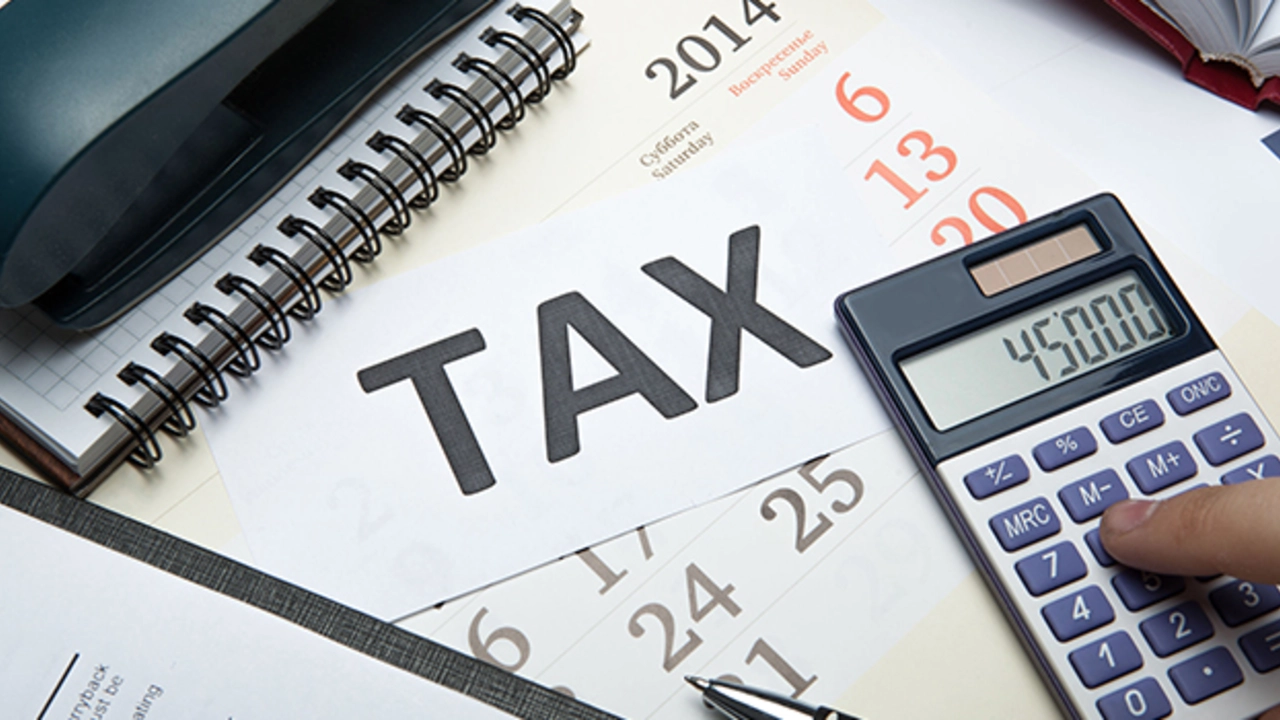Understanding the Basics of Small Business Taxation
Running a small business is a rewarding venture, but it can also bring its own set of challenges. One of these challenges is understanding and managing your business taxes. Different factors such as your legal structure, location, and the nature of your business can influence your tax obligations. In this section, we will explore the basic principles of small business taxation, providing a solid foundation for you to better understand the specific tax rates applicable to your business.
The Role of Business Structure in Tax Rates
Your choice of business structure plays a critical role in determining your tax rate. Sole proprietors, partnerships, corporations, and LLCs all have different tax implications. For instance, sole proprietors report business income on their personal tax returns, while corporations are considered separate tax entities and are subject to corporate tax rates. Understanding these differences can help you make informed decisions about your business structure and potential tax liabilities.
Understanding Federal Tax Rates for Small Businesses
Federal tax rates for small businesses can vary widely depending on the business structure. As of 2020, the tax rate for corporations is a flat 21%. For other business types, the tax rate is dependent on income and can range from 10% to 37%. Keep in mind that these rates can change, and it's crucial to stay updated on the latest tax laws and regulations.
State Tax Rates and Their Impact on Small Businesses
Beyond federal taxes, your business may also be subject to state taxes. The rates and types of taxes can vary by state, with some states having a flat tax rate for all businesses and others having a variable rate based on income. Understanding your state's tax laws can help you plan for these expenses and avoid any potential pitfalls or surprises come tax time.
Navigating Local and City Taxes
Local and city taxes are another factor to consider when calculating your small business tax obligations. Though often overlooked, these taxes can significantly impact your bottom line. These local taxes can include property taxes, sales taxes, and even taxes specific to certain industries. It's crucial to understand these local laws to ensure you're accurately calculating and paying your taxes.
The Impact of Self-Employment Taxes
If you're a sole proprietor, an independent contractor, or a member of a partnership, you're considered self-employed for tax purposes. This means you're subject to self-employment tax, which covers Social Security and Medicare taxes. Understanding the impact of self-employment taxes on your overall tax obligation is key to managing your business finances effectively.
Industry-Specific Tax Rates
Depending on your industry, you may be subject to specific tax rates or be eligible for certain tax deductions. For instance, businesses in the manufacturing sector may qualify for deductions for equipment purchases, while those in the healthcare sector may be subject to additional taxes. Understanding these industry-specific tax implications can help you maximize your tax savings and minimize your liabilities.
Understanding Tax Deductions and Credits
Understanding tax deductions and credits can significantly reduce your small business tax burden. Expenses like office supplies, business travel, and even meals can be deducted from your taxable income, reducing the amount you owe. Additionally, tax credits can directly reduce the amount of tax you owe, dollar for dollar. Understanding how to leverage these deductions and credits can be a game changer for small business owners.
Working with a Tax Professional
Understanding the complexities of small business taxes can be overwhelming. That's why many small business owners choose to work with a tax professional. A tax professional can help you navigate the tax landscape, ensure you're taking advantage of all available deductions and credits, and help you avoid potential tax pitfalls. If you're unsure about your small business tax obligations, consider seeking the advice of a tax professional.





